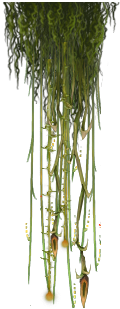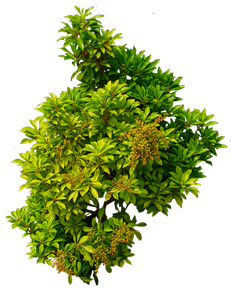MOTHER EARTH's FUTURE in our HANDS










CAMGEW see agroforestry important for soil conservation, bushfire prevention, production of variety of healthy food, job creation, ecosystem restoration, etc. Sometimes CAMGEW define agroforestry as the transfer of the forest to our farms. Slash-and-burn is carried out in many farms in dry season because farms have only seasonal crops. CAMGEW work hard to make farms green with variety of crops of different uses and that get ready for harvesting at different times of the year. The crops respect stratification in forest stetting with very tall trees (like Mahogany, Eroko,), taller trees (like Kola nuts, Prunus, Mangos, bushmango, pears, Njansang) , short trees (like guavas, coffee, cocoa, moringa, oranges), shrubs (like plantain, banana, sesbania, caliandra, tephrosia, castor oil plant), climbers (like partion fruit, Okongabong, pumpkins) and leguminous crops (like beans, huckleberry, Artemisia, waterleaf, various spices) . This create needed microclimate and increase variety of food produced. The farm become green and cannot be burnt and is useful and this reduces farms abandoned to destroy the forest and get new ones.
CAMGEW builds capacity of communities in agroforestry techniques and support them to implement this. CAMGEW then develop agroforestry crop value chain by engaging communities in variety of crop production and their transformation. Farmers have been organized into groups depending on what they produce. They have received various trainings in crop and animal production, transformation, marketing, pest management, composting, gardening and quality control. Techniques such are grafting, marcotting, paddocks, are promoted. CAMGEW created a cooperative (Women Ecovillage Changer Makers – WECMA) to help farmers market their products because farmers are found in rural areas with no good market.
- Capacity building on agroforestry techniques
- Development of agroforestry tree nursery
- Development of agroforestry demonstration site
- Capacity on different agroforestry crop and animal production
- Transformation of various agroforestry products
- Marketing of various agroforestry products
- Entrepreneurship on agroforestry value chain development
- Promotion of the conservation of indigenous crops (vegetable, fruits, etc)
CAMGEW has trained more than 3000 community members in agroforestry as of December 2022.







